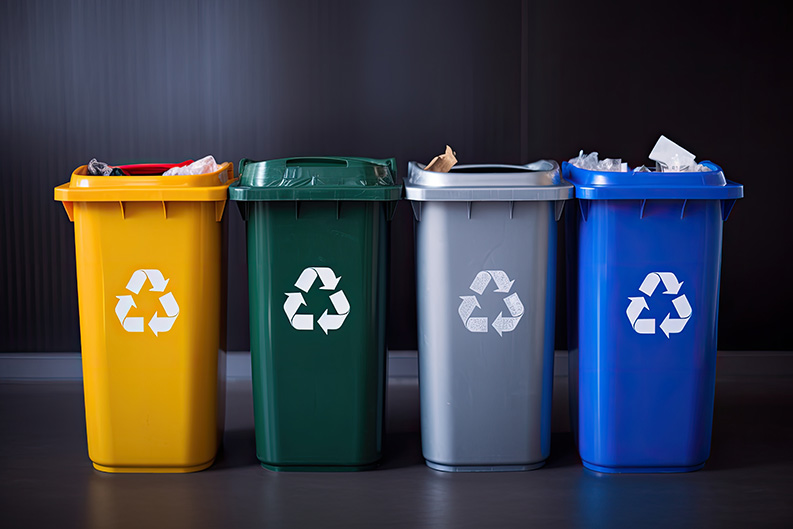Dr Paul Hedayati
Transitioning to a Circular Economy: What’s Next?

Are there multiple stages involved in transitioning to a circular economy? If so, what are these stages?
Having reflected on these questions for a while, here I share my answers. Before this, let me share one of the circular economy projects that I have been personally involved in.
In the early 2010s, I conducted a life cycle assessment (LCA) project for a company that transformed fine particles of waste packaging glass into recycled sand, a backfilling construction material. The company sourced the fine materials from a nearby facility that collected and sorted waste packaging glass. The primary objective of my study was to compare the environmental impacts of recycled sand and the locally produced natural sands and aggregates.
The LCA project revealed several environmental advantages of recycled sand over virgin counterparts. Notably, recycled sand had lower life cycle climate change impacts compared to natural sand (virgin) products.
During the project, the concept of transitioning to a circular economy was in a stage that I often referred to it as the “waste-to-resource” phase. Each waste-to-resource project, including the recycled sand project, aimed to transform the perception of waste being seen as a burden to being recognised as a valuable resource. The goal was to promote a shift in mindset within the community and industry, highlighting the potential benefits and opportunities that arise from viewing waste through the lens of resourcefulness.
In my perspective, the “waste-to-resource” phase has now reached a level of maturity, particularly in most developed countries. The idea of transforming waste into valuable resources has been widely accepted and recognised within these nations, creating a strong foundation for the next stage of transitioning towards a circular economy. However, it remains uncertain what exactly that next stage would look like. Nonetheless, based on my observations of some emerging circular economy initiatives, here is what I predict the next stage of transitioning towards a circular economy.
The next phase of transitioning to a circular economy, in my perspective, will focus on realising the concept of “waste-to-commodity” concept. To achieve this, specialised systems and structures are required, which are currently unavailable for all waste materials. Governments should introduce supportive policy frameworks, industry representatives should develop quality standards for waste to be recognised as a commodity, logistic companies should enhance their capacity to handle and deliver waste-derived commodities, and other innovative systems and structures need to be established.
Another factor that can speed up this transition is the shift towards a digital economy. Recently, I came across a fascinating video featuring a car dismantling company in the UK. This company has with a global online shopping platform to sell its auto parts both domestically and internationally. Through the use of digital systems and tools, the company has been able to establish a transparent history of its individual auto parts, ensuring buyers of their authenticity and quality. In essence, digital systems and tools have enabled this company to actualise the “waste-to-commodity” concept ahead of similar companies.
To wrap up, the path towards a circular economy is an ongoing and dynamic journey. The current phase of this journey focuses on the realisation of the “waste-to-resource” concept. This phase has reached a level of maturity in developed countries, setting the stage for the next phase: the “waste-to-commodity” concept. The successful transition from the former phase to the latter phase requires the concerted efforts of governments, industry bodies, and innovative thinkers.

Dr Paul Hedayati
Principal Sustainability Consultant
Dr Paul Hedayati has dedicated more than two decades of his career to consulting, researching, training, and coaching in the sustainability space. As an Environmental, Social, and Governance (ESG) specialist, he has worked in different business setting including government, engineering consulting, tertiary education, and not-for-profit.
Paul has supported a long list of public and private organisations to be:
- more resource efficient,
- more climate resilient,
- more ready for a circular economy, and
- more committed to the principles of ethical procurement.
Partner with us on your next project
Contact our specialised team for more information about our services.